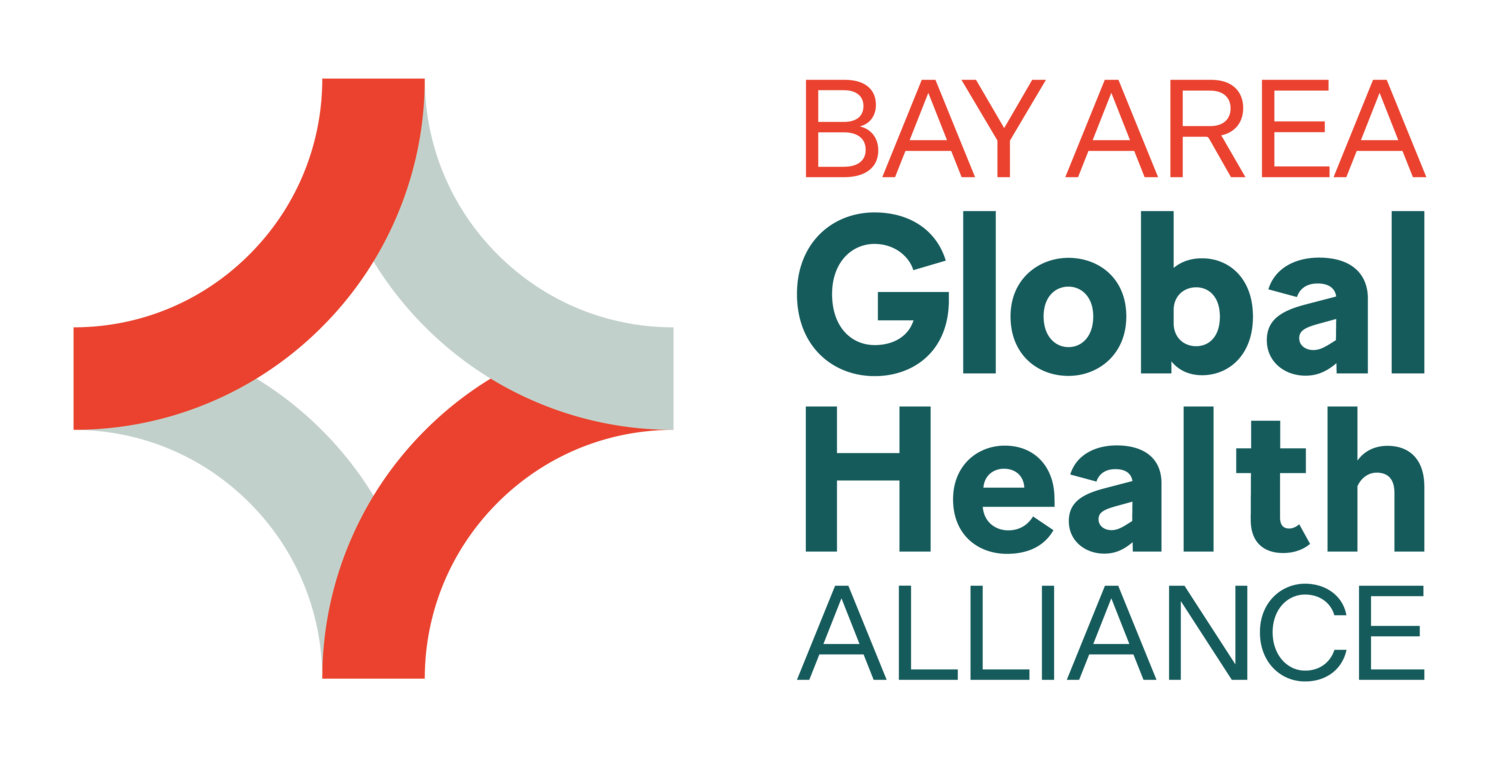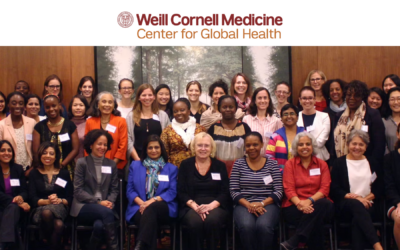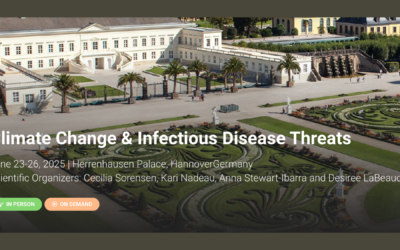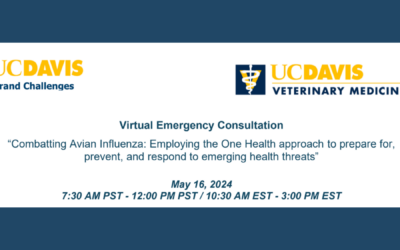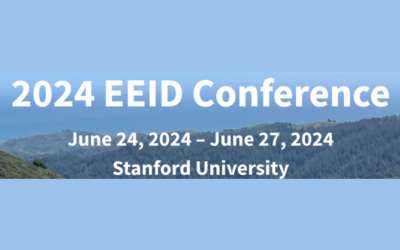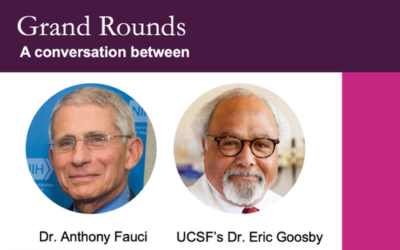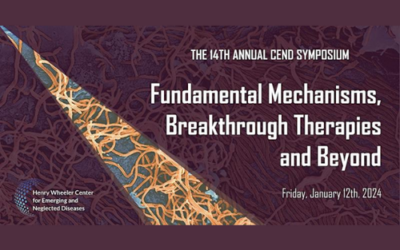Weill Cornell Medicine Center for Global Health’s Infectious Diseases Across a Woman’s Lifespan Course is a unique, intensive four-day in-person course on sex differences in global infectious diseases, host immunology across the woman’s lifespan, treatment, prevention, and social determinants that contribute to poorer health outcomes for women. Apply by January 15; The course is from May 19–22, 2025.
Search
MEMBERS
- 19Labs
- AbbVie
- Accenture
- Africa Health Business
- AIfluence
- Airbnb
- Americares
- Ananya Health
- Antara International
- Baraka Impact Finance
- Boston Consulting Group
- CCBRT
- Cepheid
- Chevron
- Clinton Global Initiative
- Connective Impact
- Consortium of Universities for Global Health
- Cross-Border Impact Ventures
- Ending Pandemics
- ETR
- Fistula Foundation
- Friends of Chidamoyo
- Friends of the Global Fight
- GAIA Global Health
- Gilead Sciences
- Global Environment & Technology Foundation
- Global Fund for Women
- Global Health Corps
- Global Health Council
- Global Health Technologies Coalition
- Global Impact Advisors
- Global Strategies
- HealthAI
- Hesperian Health Guides
- HOPO Therapeutics
- Ideo.org
- Ipas
- John Snow, Inc.
- Kainomyx
- Kapnek Trust USA
- Kupona Foundation
- L.E.K. Consulting
- LivingGoods
- Mastercard
- Maya Health Alliance
- Medicines360
- MedShare
- Merck
- Meta
- Nivi
- North Carolina Global Health Alliance
- OmniVis
- OPHID
- PATH
- Pathfinder International
- Pendulum
- Pfizer
- Planetary Health Alliance
- Population Services International
- Public Health Institute
- Resonance
- ReSurge International
- Roche Diagnostics
- Sabin Vaccine Institute
- San Francisco Community Health Center
- Seed Global Health
- Simprints
- Stanford University
- — Stanford University Byers Center for Biodesign
- — Stanford University Center for Innovation in Global Health
- — Stanford University School of Medicine
- Street Business School
- Tiba Foundation
- UK Science & Innovation Network
- UNICEF
- University of California
- — UC Berkeley
- — UC Berkeley Center for Emerging and Neglected Diseases
- — UC Berkeley Haas School of Business
- — UC Berkeley School of Public Health
- — UC Davis
- — UC Davis Institute for Pandemic Intelligence
- — UC Global Health Institute
- — UCSF
- — UCSF Institute for Global Health Sciences
- UpSwell
- Viamo
- Vir Biotechnology
- Washington Global Health Alliance
- Watsi
- World Health Organization
- World Telehealth Initiative
- YLabs
- Zenysis
TOPICS
REGIONS
- Africa
- — Cameroon
- — Côte d’Ivoire
- — Ethiopia
- — Guinea
- — Kenya
- — Malawi
- — Mozambique
- — Niger
- — Rwanda
- —— Kigali
- Asia
- — Nepal
- — Pakistan
- — Bangladesh
- — Indonesia
- —— Bali
- — Israel
- Europe
- — Switzerland
- —— Geneva
- South America
- — Brazil
- North America
- — California
- —— Berkeley
- —— Los Angeles
- —— Sacramento
- —— San Francisco
- —— Stanford
- — New York
- —— New York City
- — North Carolina
- —— Durham
- — Washington
- —— Seattle
- — Washington D.C.
Climate Change & Infectious Disease Threats
Join Keystone Symposia for a conference on Climate Change & Infectious Disease Threats from June 23-26, 2025 at Herrenhausen Palace, HannoverGermany. This conference will explore emerging research around how climate change is and will impact vector-borne disease and emerging zoonoses, from tropical to arctic regions around the globe. The program will span molecular to epidemiological insights, integrating our understanding of how environmental changes promote the emergence and spread of various infectious diseases with strategies for how to monitor and control such outbreaks.
Combatting Avian Influenza: Employing the One Health Approach to Prepare for, Prevent, and Respond to Emerging Health Threats
Join Alliance member UC Davis for a a virtual emergency consultation aiming to inform policy and inspire coordinated action on combating Avian Influenza. Through a One Health approach we will develop a pathway for cross-sector collaboration in infectious disease preparedness and response efforts.
Ecology & Evolution of Infectious Diseases Conference
Join Alliance member Stanford University for the Ecology & Evolution of Infectious Diseases (EEID) Conference. Stanford University, known for its academic and scholarly excellence, is a leader in infectious disease research and has several laboratory groups throughout the institution whose research is dedicated to stopping infectious disease transmission and enhancing the health of the world around us. Given this area of expertise, this year’s EEID theme will be Healthy Planet, Healthy People, emphasizing the interconnectedness of human, animal, and environmental well-being. In addition to this focus, this year’s conference also strives to enhance learning through inclusion of diverse perspectives from experts around the world whose work focuses on infectious disease.
Pandemic Preparedness and Response Conversation Series
Unbiased metagenomics hold considerable promise in our ability to rapidly detect and respond to emerging infectious disease threats. The scientists at the Chan Zuckerberg (CZ) Biohub and UCSF are working to improve scale and access to next- generation sequencing tools around the globe. Two colleagues from CZ Biohub and UCSF will join Alliance member UCSF to talk about their work.
IGHS Grand Rounds / CPPR Conversation Series with Anthony Fauci and Eric Goosby
Alliance member UCSF invites you to a CPPR conversation series/IGHS grand rounds hosted by the Center for Pandemic Preparedness and Response and the Institute for Global Health Sciences at UCSF featuring two globally renowned infectious disease doctors, Anthony Fauci, MD, and Eric Goosby, MD. This is a unique opportunity to hear from two medical giants with extensive experience in the management and containment of infectious disease outbreaks.
CPPR Conversation Series with Dr. Monica Gandhi
Join Alliance member UCSF for a conversation with infectious disease doctor Monica Gandhi. She’ll discuss her new book, Endemic: A Post-Pandemic Playbook, which addresses the importance of biomedical advances and harm reduction strategies in ensuring equitable responses to current and future pandemics. Dr. Monica Gandhi is an expert in infectious diseases, specializing particularly in the care of patients with HIV and AIDS.
14th Annual Center for Emerging & Neglected Diseases (CEND) Symposium
Join the Center for Emerging and Neglected Diseases (CEND) at UC Berkeley for their 14th Annual Symposium. CEND aims to strengthen connections between scientists working on infectious diseases of global health importance and the broader global health research, therapeutics development, and advocacy communities. The focus of the 14th Annual Symposium is Fundamental Mechanisms, Breakthrough Therapies and Beyond.
